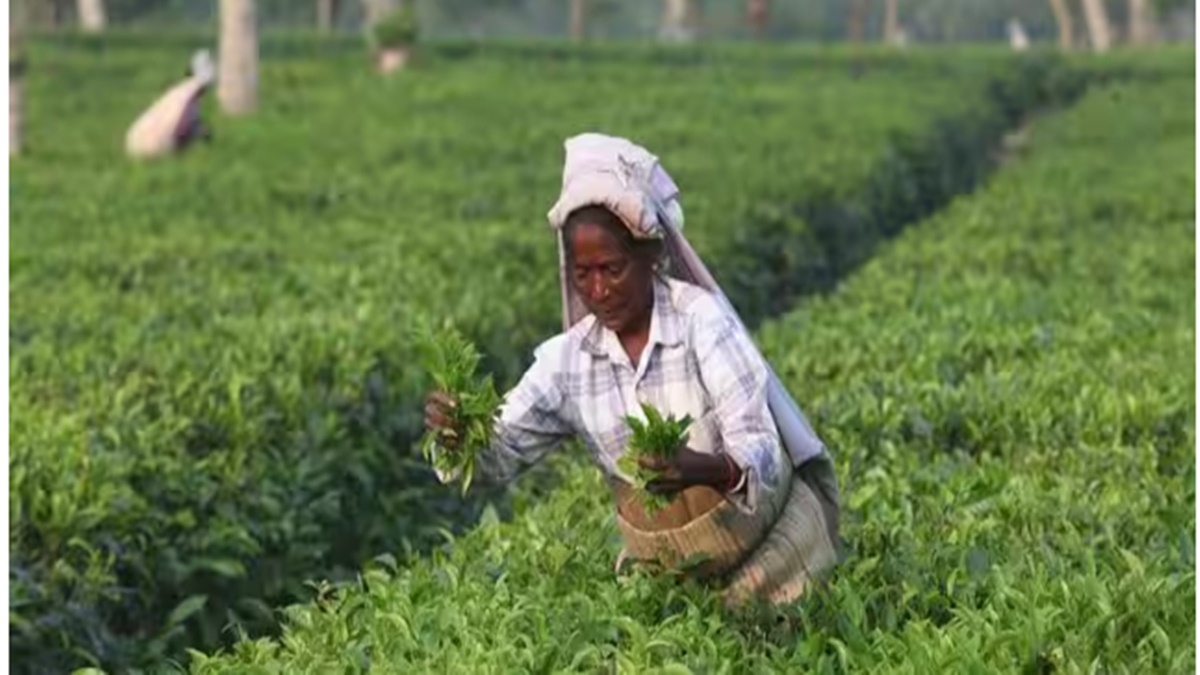Darjeeling tea, famous for its unique taste and aroma but facing low international demand and a shortage of high quality crops, eyes a big potential in China as the highest price for tea in the world is paid by the Chinese consumer for Chinese tea, accoring to Indian Tea Exporters Association (ITEA) chairman Anshuman Kanoria.
“I believe China holds a big potential for us. Chinese consumers pay the highest price for Chinese tea because people there have real appreciation and love for tea. With proper education about the product, government support, consumer awareness and market promotion, we can capture a sufficiently large market in China, particularly for Darjeeling tea,” Kanoria told FE.
The Tea Board of India had been promoting Indian varieties of the brew in China, including organising a couple of roadshows. “Following the Covid outbreak the engagement with China stopped. Now that visas are available and the Chinese market has opened again, we need to resume that engagement with more emphasis,” Kanoria said on the sidelines of “SmartTea Conclave”, organised by the Bengal Chamber of Commerce here.
For the last five to eight years, Darjeeling tea exports remained stagnant between 3-3.5 million kgs annually. Nearly half the annual produce of Darjeeling tea is usually exported.
Notably, Germany is a major importer of Darjeeling tea. The Europe’s biggest economy is the consuming and trading hub for the premium brew in this region. However, as Germany entered recession, the demand for the aromatic tea started falling in Europe compared to the previous year.
“The market in the European Union (EU) is currently soft because of the Russia-Ukraine war. Also, unrealistic food safety rules put out by the EU is affecting our exports. These are like non-tariff trade barriers and we need the government of India to engage with the EU to ensure a standardised pesticides regime,” said the ITEA chairman.
Notably, Europe and Japan are the two large overseas markets for this premium tea, the first product to get a geographical identification (GI) tag in India. According to exporters, quantity offtake this year is also low in Japan primarily due to weak yen. There is a lot of price pressure too.
In the domestic market, the aromatic tea is facing competitions from the varieties grown in Nepal. Traders are selling this cheap variety of tea, which is up to 50% less costly compared to the Darjeeling variety.
“We have suggested the government of India to impose a minimum import price so that the dumping of cheap teas from Nepal would stop,” Kanoria added.

